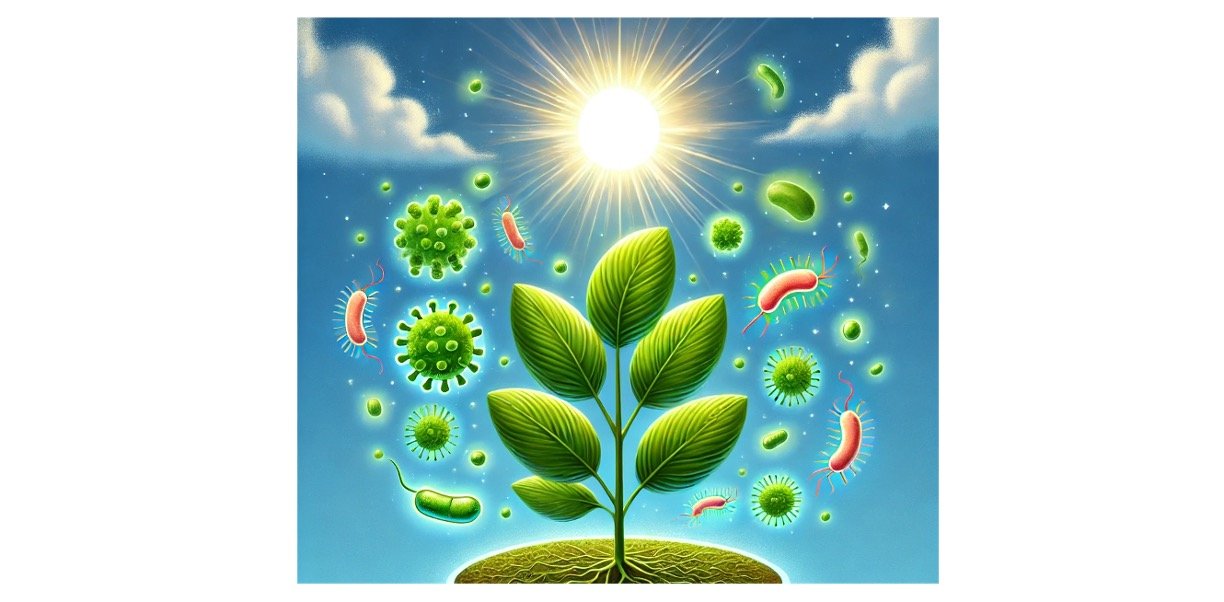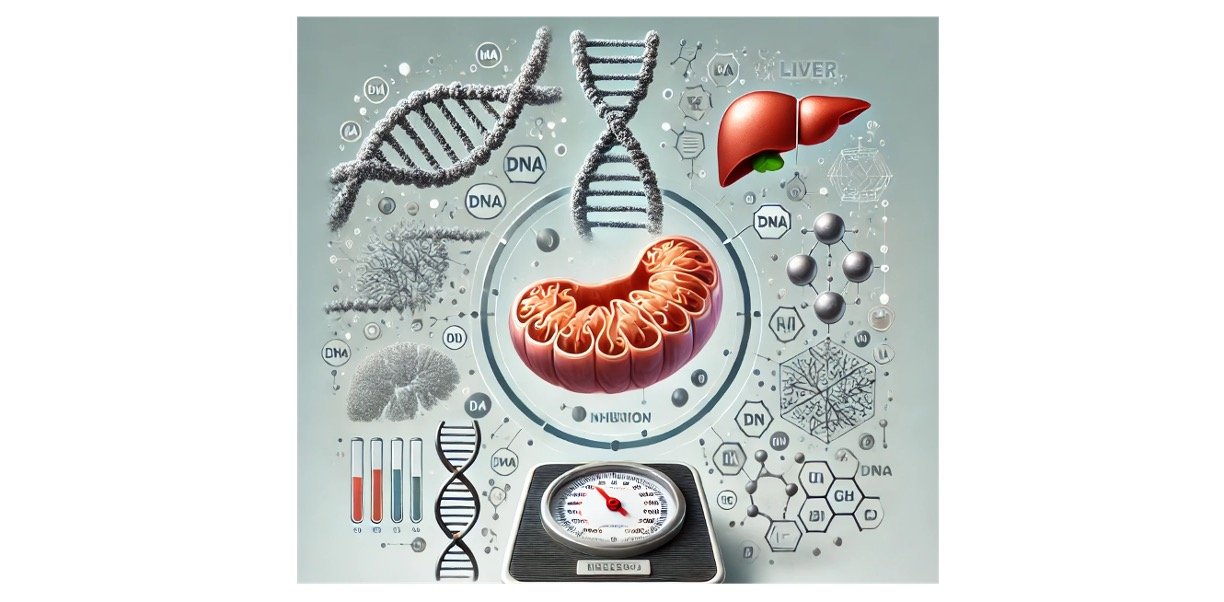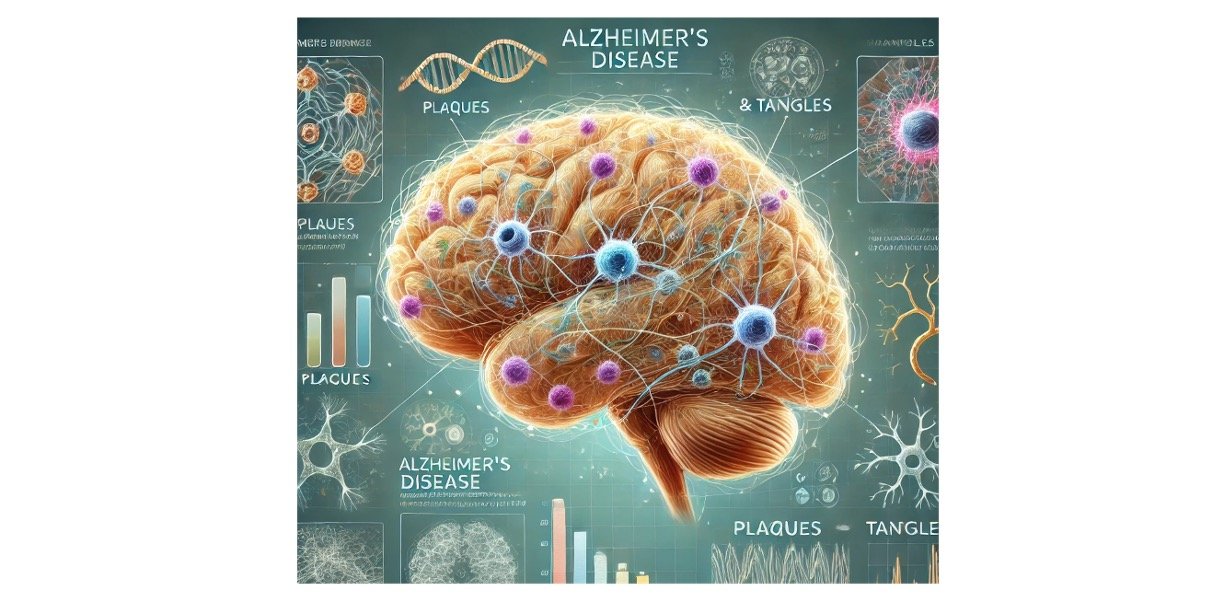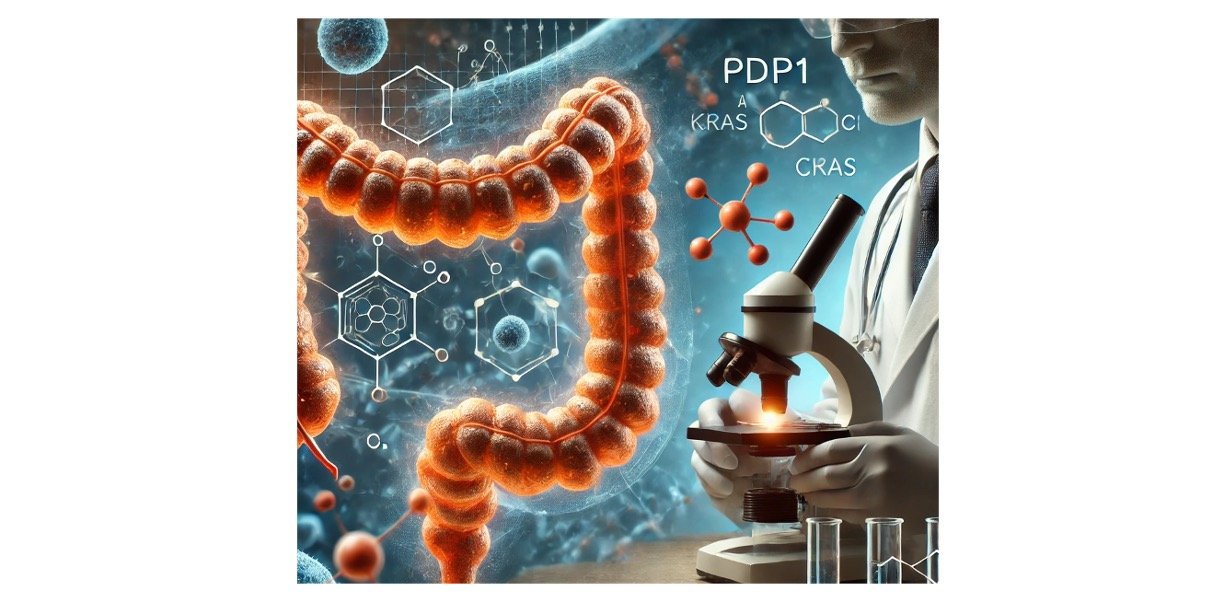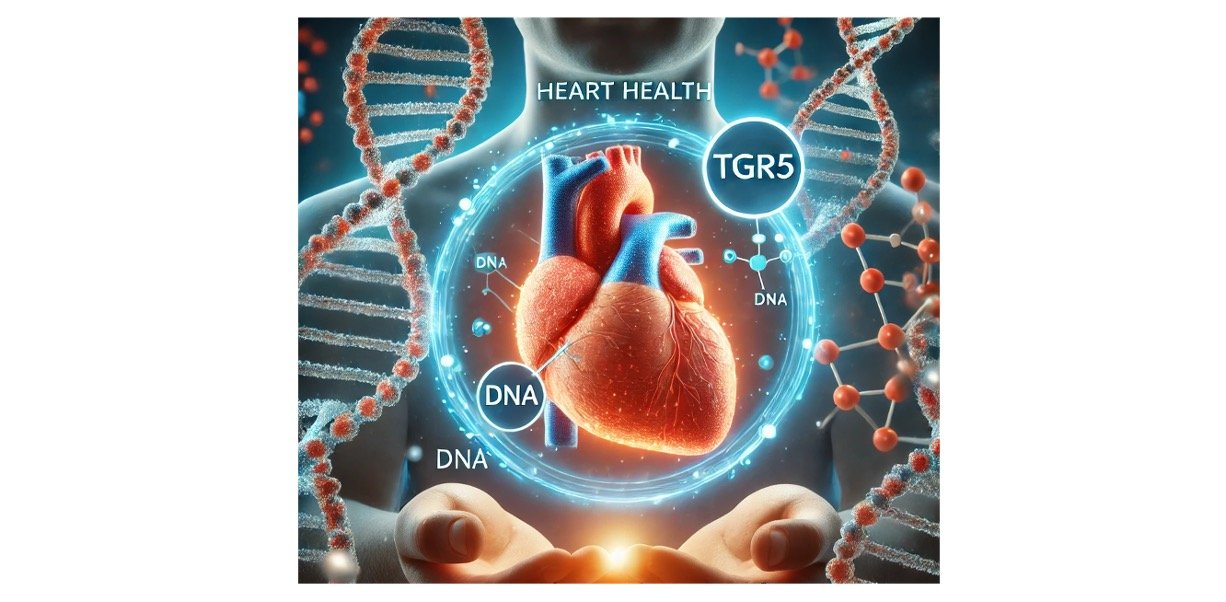Table of Contents
Glutathione Introduction
Glutathione is generally known as GSH, this molecule is naturally found in our body. It is usually performed by the nerve cells (neurons) in the central nervous system and in the liver. Glutathione is a complex molecule made up of three amino acids, namely L-cysteine, Glycine and L-glutamate. Clinically it has also been said that glutathione supplements help us to treat and prevent the various defects in our body.
What is Glutathione?
In order to maintain a stable health conditions, it is important is take note that there should a proper balance between antioxidants and the free radicals, Free radicals are one of the types of oxygen which contains the molecules in the body.
If this balance is not maintained, then there exists a lot of free radicals in the body which causes the oxidative cell damage. Glutathione is an antioxidant which helps is to keep the necessary balance in our system.
Apart from acting as an antioxidant, Glutathione also plays an important part in performing many activities like metabolizing the toxic and the cancer-causing substances in our body, it also helps in repairing the DNA and natural creation of the DNA.
It also plays an important role in synthesizing the proteins and the prostaglandin, and also in activating the enzymes in the body. Glutathione also helps us in breaking the nutrients, and in regulating the important body process by activating the immune response.
Role of Glutathione in Cellular Physiology
Glutathione is one of the compounds of the amino acid which is naturally present in all the cells in the body. Glutathione acts as an antioxidant which helps in preventing and delaying the damages in the cell, and also in detoxifying the chemicals that are present in the liver.
According to recent studies it is also proven that glutathione also plays an important role in improving the immune system and also in regulating the cell growth and in regularizing the death of the cell.
Glutathione Source
Glutathione is usually known as building blocks it is usually found in the meat and in other diary products and in many vegetables. New York research suggests that, to increase the level of glutathione in our body, we can opt for the food which is rich in precursor nutrients thus helping us to form a sulfur amino acid in our body.
Generally, Brussel sprouts, onions, broccoli, cauli flower are considered as sulfur rich foods which is needed for our body in maintaining its proper functions. Glutathione is also present in potatoes, pepper, etc. Glutathione is also readily supplied commercially, it also now a days purchased in pharmacies or through online.
Glutathione is also found in natural food and it is also supplemented with personal care products. The oral glutathione supplements while digesting turns into three peptides in the form of cysteine, glycine and the glutamic acid, which brings more benefits to our body.
Glutathione Metabolism
Glutathione is a tripeptide molecule made up of three amino acids namely cysteine, glycine and the glutamic acid which is generally found in five higher levels in about five millimolar concentrations in almost all the cells.
It consists the same concentration as of glucose, cholesterol and potassium. Considering the high level of the metabolic activity that is needed for producing glutathione. Glutathione usually exists in two states as reduced GSH and the oxidized GSSG.
Oxidized glutathione is reduced into two glutathione’s which are bound together at the sulfur atoms. The redox status of the cell is usually determined by the ratio of GSH and GSSG. In some cases, glutathione is also recognized as thio buffer which maintains the sulfhydryl groups present in many of the proteins in their reduced form.
On the other hand, Glutathione is produced extensively in the cytosol and is actively pumped in to the mitochondria. Glutathione is being made available in the cells in 3 ways such as De novo synthesis, Regeneration of the oxidized GSSG and in recycling of cysteine.
Glutathione Benefits
The nerve damages that are caused by the drug cisplatin, can be cured by administrating the glutathione intravenously, which helps to prevent the nerve damages and the other toxicities from the cancer drug cisplatin.
It also plays an important role in making DNA, which is the building blocks of the proteins and the cells.
Glutathione helps in supporting the immune system and its functions.]
Forming sperm cells.
It also helps in breaking down some of the free radicals.
It also helps us to cure various health problems like hardened arteries which is also known as atherosclerosis.
Helps in treating the Lyme disease.
Helps in treating the chronic fatigue syndromes.
It also deals with high cholesterols.
Glutathione also plays an important role in curing diabetes, glaucoma, hepatitis, liver disease, and Parkinson’s disease.
Glutathione Citations
- Glutathione: subcellular distribution and membrane transport. Biochem Cell Biol . 2019 Jun;97(3):270-289.
- Glutathione: overview of its protective roles, measurement, and biosynthesis. Mol Aspects Med . Feb-Apr 2009;30(1-2):1-12.
- A Review of Dietary (Phyto)Nutrients for Glutathione Support. Nutrients . 2019 Sep 3;11(9):2073.
Share






